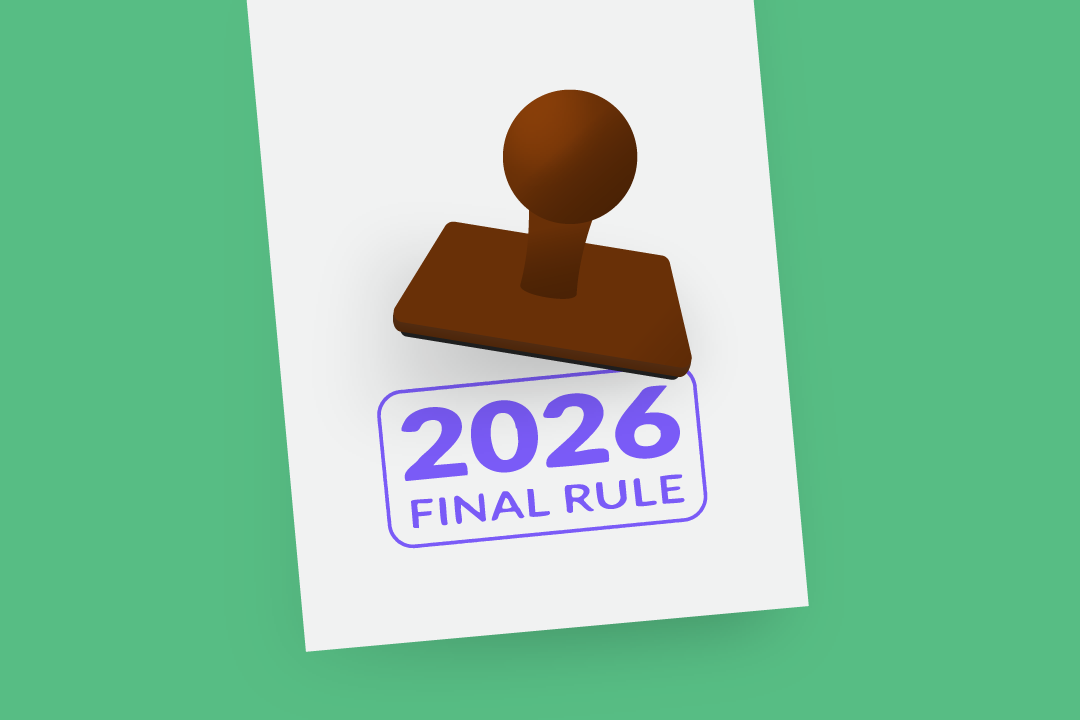Founder Letter: 97002 and 97004 (Re-Evaluation) Myths Debunked
WebPT Founder Heidi Jannenga, PT, explains when and how to bill for a re-evaluation so you'll get paid. Click here to learn more.

Subscribe
Get the latest news and tips directly in your inbox by subscribing to our monthly newsletter
Let’s start off with a hypothetical example: You’re working with a Medicare patient. It’s the tenth visit and you need to conduct a routine reassessment, so you complete a progress note. Your boss then asks why you didn’t bill for a re-evaluation. Should you have?
This scenario happens daily. If it’s not your boss questioning you, then maybe it’s yourself asking, “Should I bill a re-evaluation code for the time spent completing my reassessment of this patient?” This point of contention is often misunderstood and frequently feared—when is it appropriate to bill for re-evaluations (a.k.a. re-exams, reassessments, or CPT code 97002 for PT or 97004 for OT)? It definitely has its time, place, and purpose, but as the example above proves, we’re not all on the same page in our interpretation of those criteria.
So, when should you bill for a re-evaluation? Well first, a re-evaluation is totally different from a progress note. Thus, therapists should never bill a 97002 for a routine progress note. If you do bill a 97002, you are indicating that some kind of significant change has taken place regarding the patient’s progress and, therefore, his or her plan of care (POC). In fact, you should only bill for a re-evaluation if one of the following situations apply:
- Through your own clinical assessment, you note a significant improvement, decline, or change in the patient’s condition or functional status that was not anticipated in the POC for that interval.
- You uncover new clinical findings during the course of treatment that are somewhat related to the original treating condition (i.e., a new diagnosis to add to the POC).
- The patient fails to respond to the treatment outlined in the current POC, and you determine that a change to the POC is necessary.
- You treat a patient with a chronic condition and you don’t see him or her for treatment very often.
- Your state practice act requires re-evaluations at specific time intervals.
In an interview with PT Talker, compliance expert Rick Gawenda pinpoints two myths surrounding re-evaluations:
- Medicare and other payers do not reimburse for re-evaluations.
- Billing a re-evaluation is an automatic Medicare red flag.
Because of these two myths, many therapists avoid billing for—and therefore possibly performing—re-evaluations. However, these myths are purely myths. But they exist for valid reasons. Regarding the first, one of the main reasons therapists receive denials when they bill for re-evaluations is that they fail to attach the 59 modifier when they perform the re-evaluation on the same day that they provide other therapy services. Under the Correct Coding Initiative (CCI), when you do not signal to Medicare that you performed a re-evaluation as a wholly separate and distinct service, you won’t get paid for it. Medicare will only pay you for the other service—not the re-evaluation.
As for the second myth: if you complete a re-evaluation in accordance with the criteria noted above—and you correctly document and bill for it—then you won’t raise any red-flags. However, when it’s apparent that you’re using 97002/97004 codes excessively, then insurances, specifically Medicare, can take action in the form of audits and payment recoupment if they determine that the re-evaluations you billed were not necessary or applicable. Billing for a re-evaluation isn’t an automatic red flag; it’s only suspect if you’ve demonstrated inordinate billing practices.
Considering these factors, it’s clear that performing and billing a re-evaluation should be a fairly rare occurrence. But when it needs to happen—and provided that you document and bill appropriately and attach the 59 modifier as necessary—you should absolutely receive payment for your services. Now, outside of Medicare (which reimburses for 97002/97004 and does not limit the number of 97002/97004 codes you can bill), most insurances reimburse for re-evaluations. However, it’s important for you to confirm this with all your payers prior to billing for this particular service.
Documentation is the story of your patient, and you absolutely must justify everything you do to get paid—re-evaluations included. Beyond justification, you must adhere to your payers’ regulations and requirements when you bill. The ever-growing stack of rules can certainly get overwhelming, which is why it’s imperative that you’re conscious of what you’re billing and whether it’s an accurate reflection of what you’re documenting.
In the spirit of accurate documentation and correct billing, we’re focusing this month’s theme on billing. If you haven’t already subscribed to our blog, get on it because this is a load of content you’re not going to want to miss.





